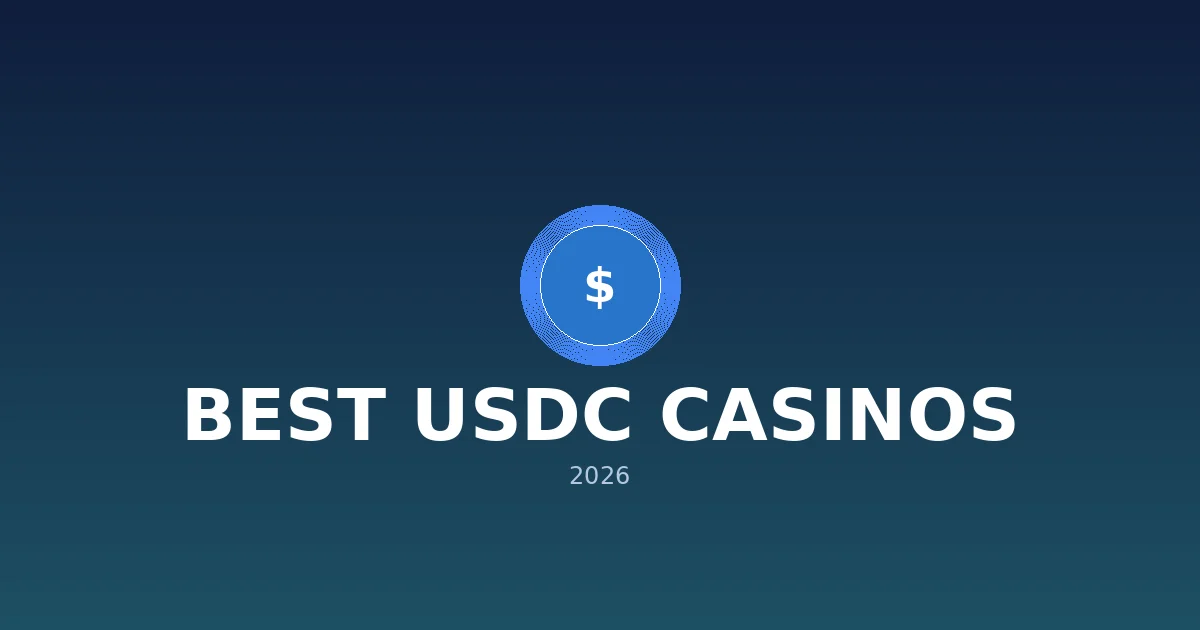Ticker Confusion
Investors often buy the wrong stock because of a similar name or ticker symbol, says new research at Rutgers University–Camden.
 Professional investors are as likely as individual investors to mistakenly purchase the wrong stock by choosing a company with a similar name or stock market ticker symbol, according to new findings by Rutgers University–Camden researchers.
Professional investors are as likely as individual investors to mistakenly purchase the wrong stock by choosing a company with a similar name or stock market ticker symbol, according to new findings by Rutgers University–Camden researchers.
Vadim Balashov and Andrei Nikiforov, both assistant professors of finance at Rutgers University–Camden, found that in companies with similar names or tickers, five percent of their total trading volume was caused by news involving an unrelated company.
After Twitter announced plans for its initial public offering in 2013, the stock of a long-closed electronics retailer, Tweeter Home Entertainment Group, skyrocketed 1,800 percent because investors had mistaken the company for Twitter, the microblogging and social networking platform.
Hearing about what happened with Twitter inspired Balashov and Nikiforov to explore how many companies have similar names or ticker symbols.
In their research article, “How Much Do Investors Trade Because of Name/Ticker Confusion?,” the Rutgers–Camden scholars found that 55% of firms in the United States share at least some meaningful part of their name and ticker symbol with another U.S. company.
“We concentrated on very specific categories where confusion happens,” says Nikiforov. “Sometimes, one company’s name is another company’s ticker symbol.” For example, Ford Motor Company’s ticker symbol is just one letter, “F.” A company named Forward Industries, which has nothing to do with manufacturing cars, has the ticker symbol “FORD.”
It’s not only humans who are confused by similar names. Nikiforov says over the last 10 years, 70 percent of all institutional trading has been done by computers. These automated programs scan newswires and social media sites looking for market-changing news about companies and then automatically trade stocks and options based on that information.
“The computers look for any movement in a stock,” says Nikiforov, “and they try to jump as early as possible.”
Traders can earn a significant amount of money by making a trade before other traders, but sometimes the computer doesn’t identify the correct stock to trade.
The Rutgers–Camden professors share the example of Zoom Technologies, which soared in early 2019 when traders bought its stock instead of Zoom Video Communications Inc., a video-conferencing software company. After traders realized their mistake, they corrected it.
“We want to draw the SEC’s attention to this situation and suggest that they add guidelines to confirm ticker symbols, especially for cases when there is a high chance of confusion with another stock,” says Balashov, who has been presenting the study at conferences across the country.
Companies are free to choose their own ticker names, but are required to receive approval from the U.S. Securities and Exchange Commission. Balashov says that the SEC makes sure that the ticker is not in use and is not offensive, but it currently doesn’t check for confusion. Balashov says the only exception involved a Texas-based cafeteria operator, Furr’s/Bishop’s Inc., which was denied its request for “FBI” as its ticker symbol.
“How Much Do Investors Trade Because of Name/Ticker Confusion?” will be published in the Journal of Financial Markets.









